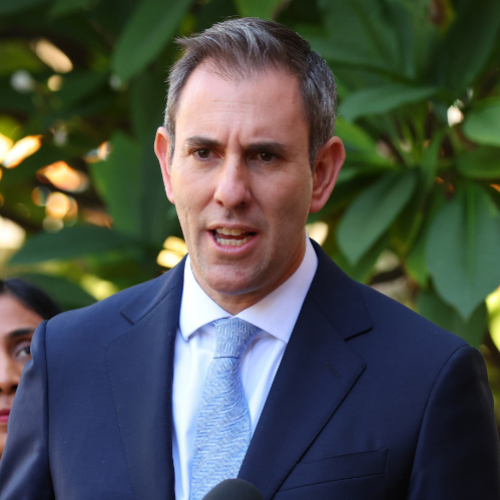Social housing investment must be accompanied by stronger tenant rights to tackle the crisis and ease pressure on the private rental sector, advocates say.
A parliamentary inquiry into Australia’s worsening rental problem is holding a public hearing in Canberra on Wednesday.
State and territories agreed to reforms at a national cabinet meeting this month, including a limit on rent increases to once a year and creating minimum rental standards.
In a submission to the inquiry, a coalition of the nation’s peak tenant and homelessness bodies urge governments to consider the many “interacting parts” involved.
“Substantial investment in social housing is required from both federal and state governments alongside rental reforms,” it reads.
“Unaffordable, inadequate housing in the private rental sector puts greater pressure and cost on the social housing and homelessness system.”
Greens housing spokesman Max Chandler-Mather said Australian renters were treated as “second class citizens”.
“Freezes and caps on rental increases work for renters,” he told AAP.
“With Germany now planning on freezing rents for three years, the prime minister should take note of what national leadership looks like and finally work with the states and territories at national cabinet to freeze and cap rent increases.”
There are eight million tenants in Australia, with 67 per cent of people owning their own homes.
ACT Attorney-General Shane Rattenbury wrote in a submission his government had embarked on a “significant, progressive tenancy law reform agenda” to make the law “clearer and fairer”.
This includes legislation limiting excessive rent rises, banning rent bidding and ending “no cause” evictions.
Analysis of data shows the ACT is the second most affordable jurisdiction in which to rent a home.
Rents for houses in Canberra have decreased by four per cent in the last 12 months, making it the only jurisdiction nationwide where rents have gone down. But rents for units increased by 0.6 per cent in the last 12 months, the lowest growth across Australia.
The Real Estate Institute of Australia made 10 recommendations, and backed the Albanese government’s $10 billion Housing Australia Future Fund, which does not have the support needed to pass the Senate.
The real estate body also suggested developing incentives to bring vacant properties and short-stay rentals back into the long-term market.
An interim report will be produced by late September.











